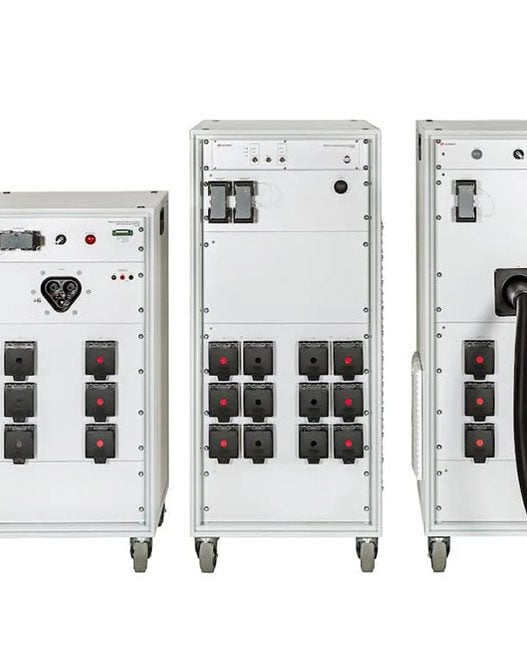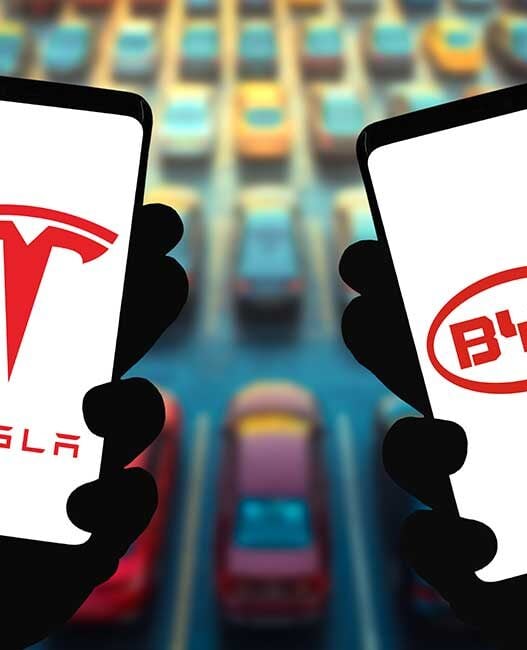Tesla is well renowned for its in-house manufacturing and production strategy. This stood the company in good stead whilst many others suffered from global supply chain shortages.
Chief Executive, Elon Musk, made the decision to build many Tesla components in-house which endows more flexibility in times of crisis. Whilst most manufacturers struggled with the global chip shortage, Tesla adjusted some of its features, simplifying the process.
Examples included its removal of radar sensors and substituting short supply chins with alternatives. Tesla’s intrinsic connection of hardware and software meant that they could rewrite their software for the available chips, an unprecedented and unmatched feat.
More recently, however, supply chain issues fell out of Musk’s clutches. With COVID-19 rampant in China and lockdown measures beyond anyone’s control, Tesla’s Shanghai-based factory was forced to shut down for three weeks.
Chinese authorities are selecting companies that they deem a priority to their economy and exempting them from various lockdown restrictions. As of yet, Beijing’s ‘white list’ consists of 666 companies. Amongst these are many form the automotive sector, including Tesla and Volkswagen.
As it reopens, staff are entering a closed-loop system by which they both live and work onsite. Workers will be expected to undertake 12 hour shifts, six days a week, with regular COVID testing.
Volkswagen recalled its implementation of a closed-loop systems the supply shortage reportedly left workers idle.
Tesla is approximated to have lost about 45,000 units of production during the shutdown. In the first quarter of 2022 Tesla’s Shanghai factory produced over 182,000 vehicles but the past few weeks’ shutdown has lost more than $2.5bn.
Despite the losses, Tesla’s financial reports show that profits are still rising, on top of an increase in prices for cars.
Last month, Tesla opened its Giga Berlin, or ‘Gigafactory’, in Grünheide. This is expected to alleviate pressure on its other factories, as well as ease transportation costs of Chinese-manufactured cars that are sold across Europe.
As chip shortages continue to affect automotive manufacturers across the globe, reports have observed an increase in price for used cars. Auto Trader’s data shows that the average price of a used ca increased 32% in the last year, equating to almost £4,440 rises.
Russian conflict in Ukraine has further exacerbated issues for European car manufacturing which had already taken a hit following Brexit negotiations and the global pandemic.
Despite these problems, a report by McKinsey has predicted a 13-15% annual increase in chips for the automotive industry. Supply and demand is making the semiconductor industry a desirable one to be a part of.















